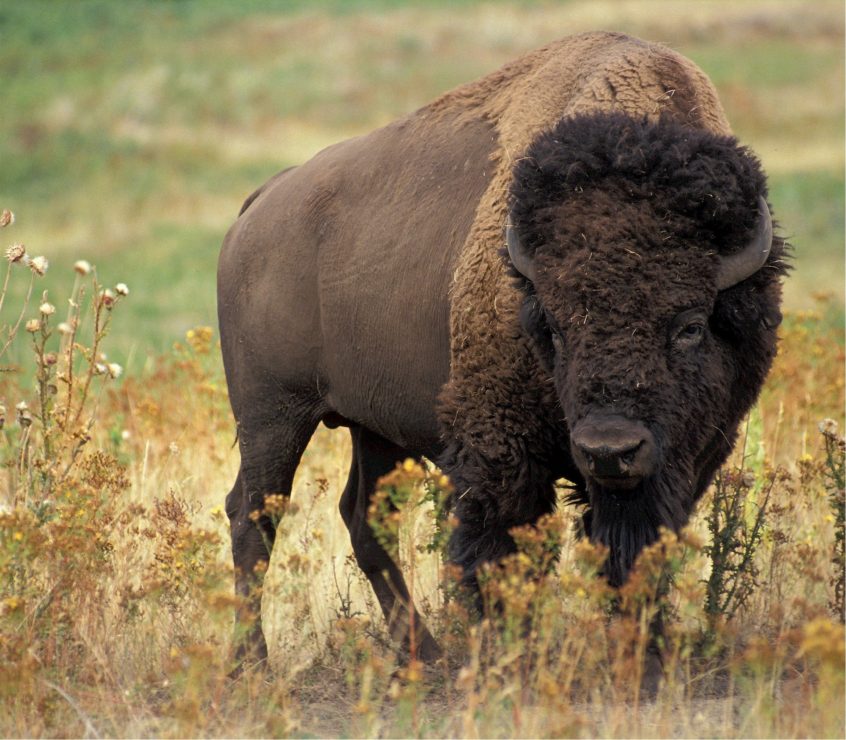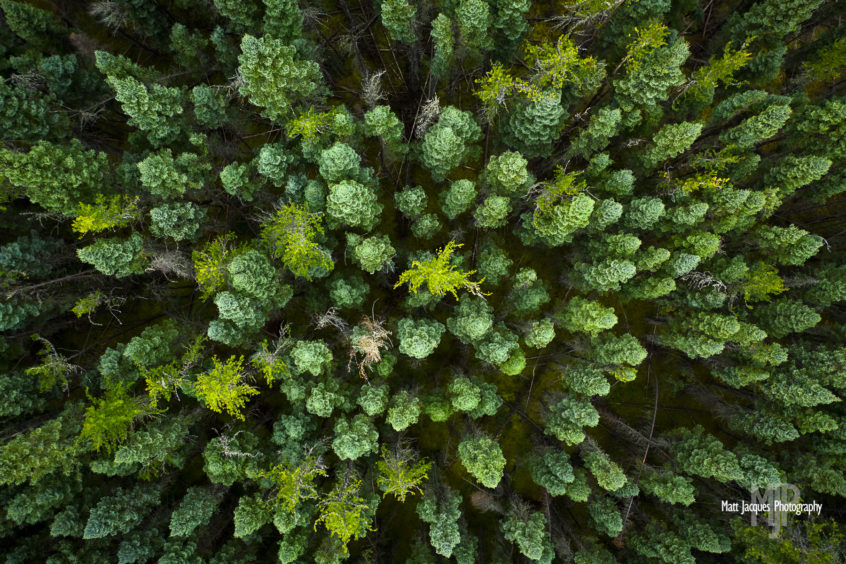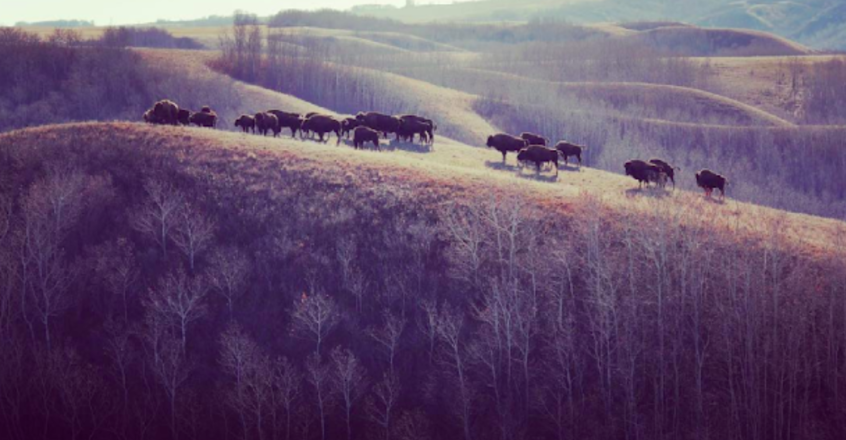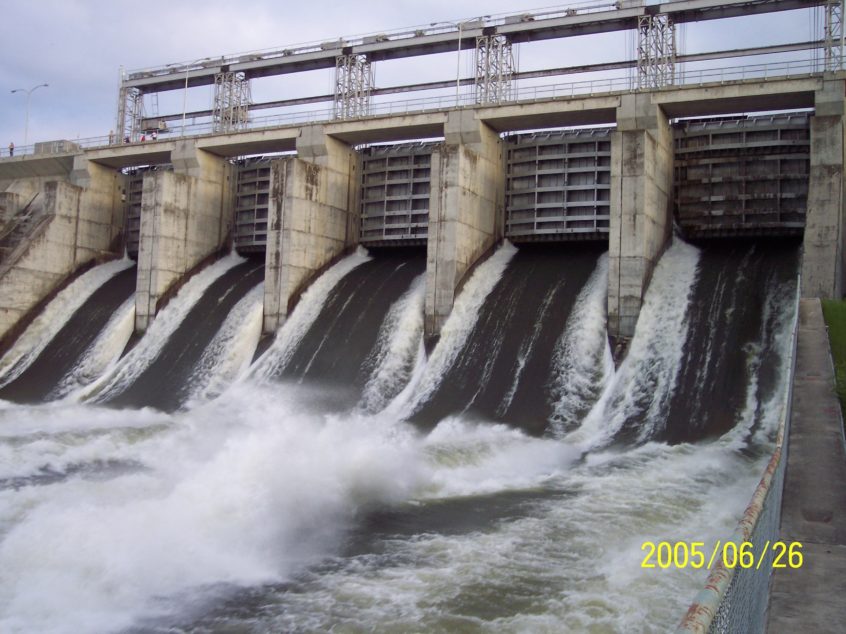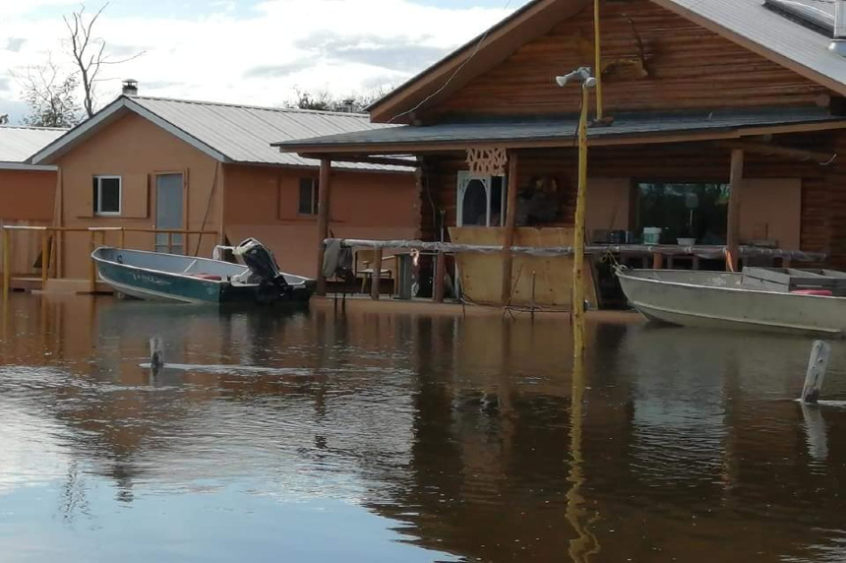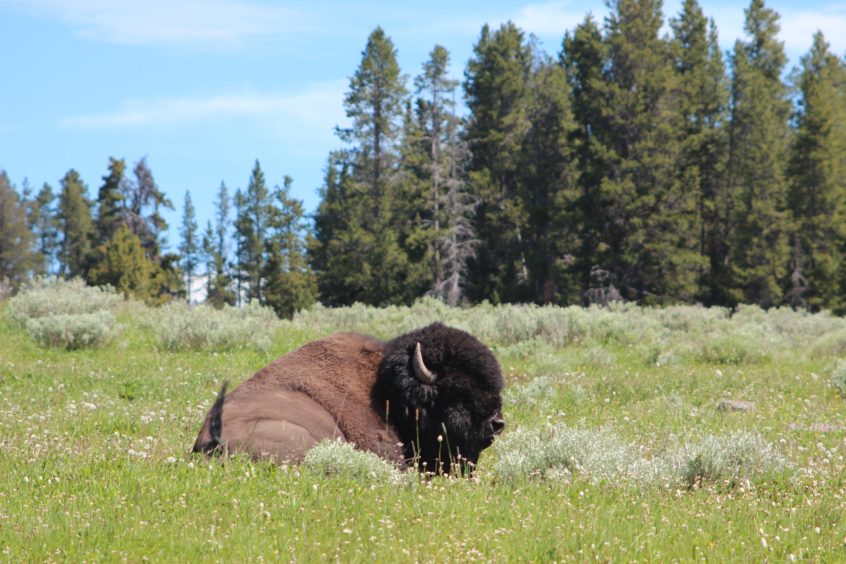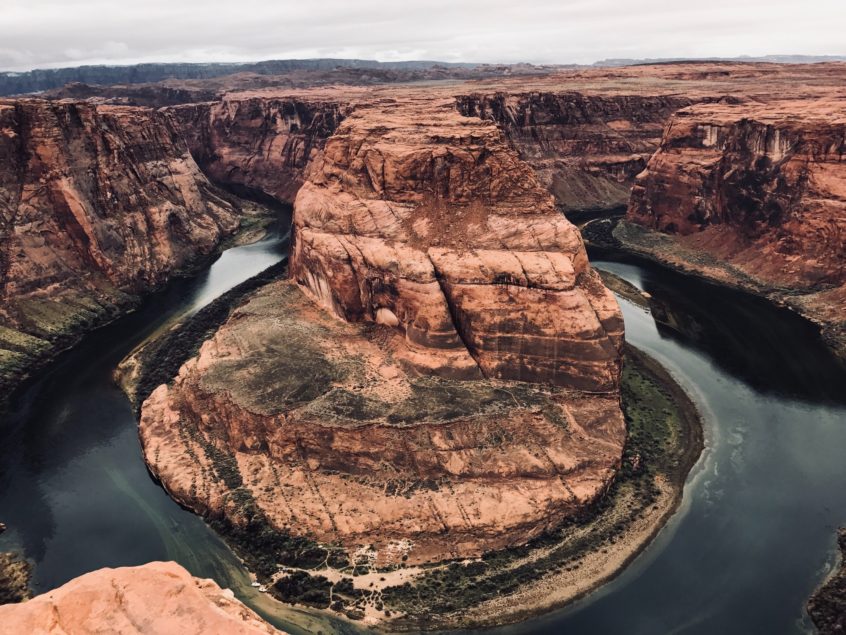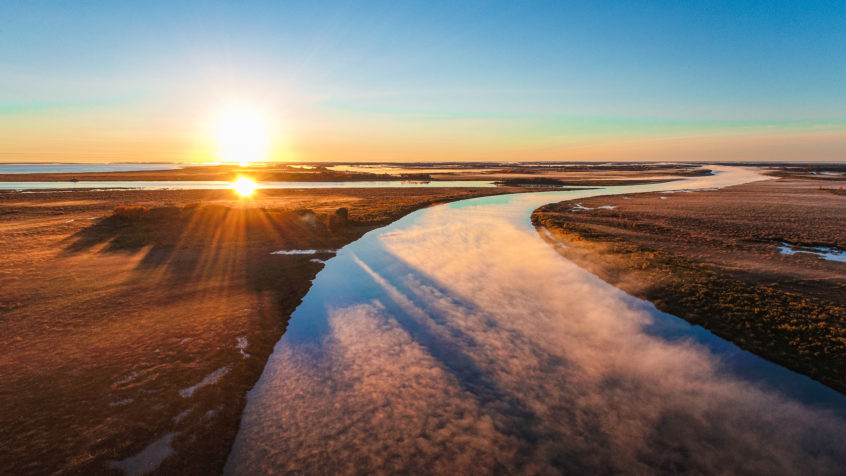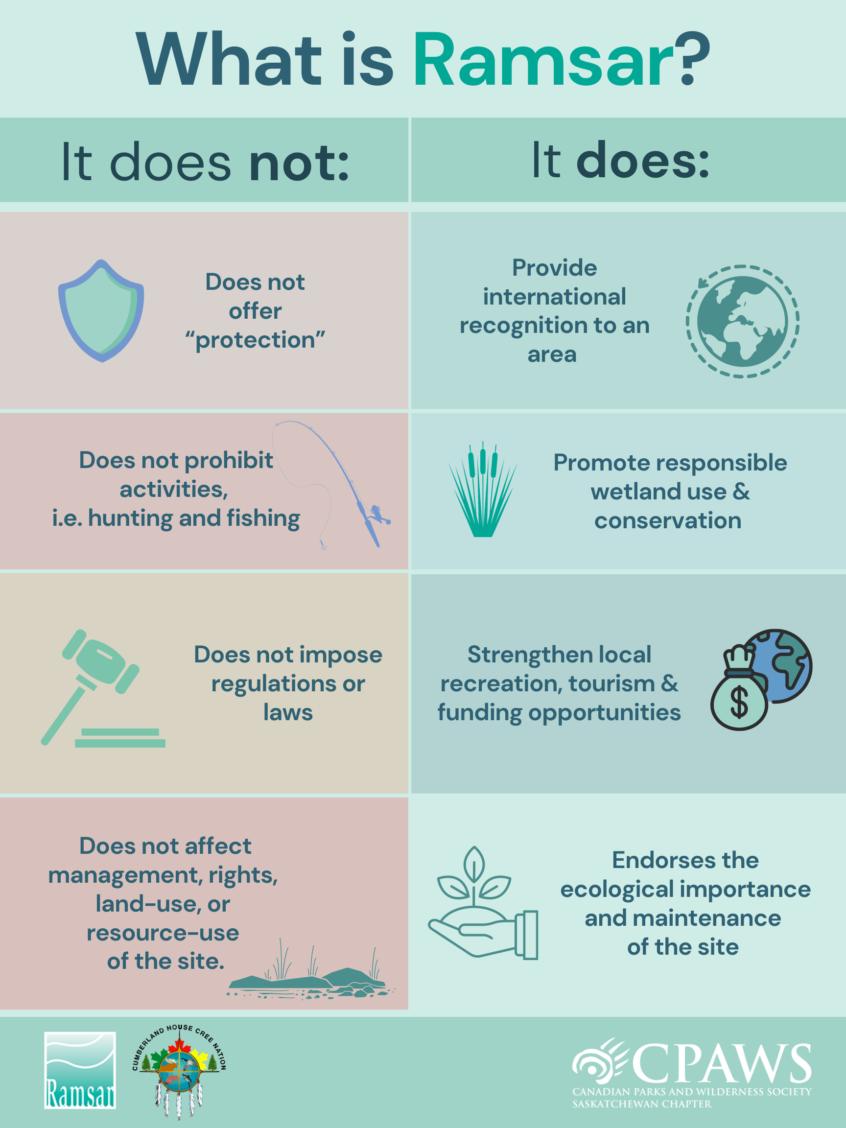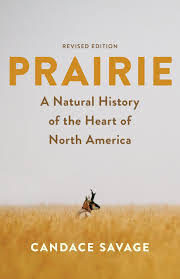Aside from supporting life, food holds cultural and traditional significance, it unites communities and it has the power to create common ground. Food, where it comes from, and how we eat it, can be the biggest fight for freedom.
Carbon Sequestration
Carbon sequestration is an important global phenomenon that all forms of life depend on to keep a liveable climate. Here in Saskatchewan, is sequestered in mass amounts by the boreal forest, muskeg, grasslands, and permafrost.
Saskatchewan’s Flat Landscape: Our Biodiverse Grasslands
While Saskatchewan’s prairies were once a thriving wilderness roamed by millions of wild bison, much of it has been transformed, with less than 18% of the original native grassland remaining. With such a small amount of Saskatchewan’s irreplaceable native grasslands left, it is crucial to protect these important ecosystems.
How green is hydropower?
Hydro dams are often depicted as green energy. However, as seen in the case of the Saskatchewan River Delta, dams can create devastating effects downstream.
Changes in River Flow and its Effects on the Sask River Delta
Changing levels of flow due to the dams upstream of the delta impact natural functions of the river as well as the many species who habituate in the wetlands of the delta. Many people are unaware of the numerous downstream impacts to the largest inland delta in North America.
Bison and Reconciliation
Bison represent a keystone species of the grasslands and are emblematic of Canada’s Indigenous people. Their reintroduction onto the grasslands provides hope for both restoration and reconciliation.
The diminishing water supply of the Colorado River should act as a warning for us to care for our rivers.
The tragic story of the Colorado River acts as a warning to us in Saskatchewan: excessive irrigation, agriculture, and residential use of our rivers can and will lead to environmental damage in some of the most important ecosystems in the world.
A Deeper Look at the Saskatchewan River Basin
Before embarking on any project, especially one that will affect the whole province and beyond, it is important to consider the wide-spread, long-term impact of what we do. This involves not only considering the environmental impact, but also the social impact of our actions. In order to do so, we must first understand who and what is directly affected.
Nominating the Saskatchewan River Delta for a Ramsar Designation
In what is one of Saskatchewan’s most important conservation efforts in recent years, Cumberland House Cree Nation, CPAWS-SK, Ducks Unlimited, and the University of Saskatchewan have been working together to complete a Ramsar nomination for over 5,000 km2 of the Saskatchewan River Delta.
Prairie: a Natural History of the Heart of North America
Prairie: a Natural History of the Heart of North America, by Saskatoon author Candace Savage, is a love letter to the largest ecosystem on the continent, revealing beauty and fascination that are hiding in plain sight.

